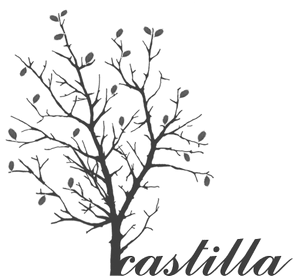Animal Ethics and Ecology: on Talking Dogs and Other Literary Forms of Animal Representation
DOI:
https://doi.org/10.24197/cel.8.2017.258-307Keywords:
Spanish literature, animal ethics, literary representation, literary history, ecocriticismAbstract
Influenced by 19th century protectionism and the vindication of animal welfare rights that emerges in the 1970s and establishes itself as law in the 21st century, this article studies the extent to which contemporary animal ethics and environmentalism are reflected in the various literary forms of animal representation that populate Spanish literary history from the Middle Ages to the contemporary in bestiaries, songs, hagiographies, plays, theatrical shows, fables, colloquiums, stories and poems. These reflections include the animal as topic, motif, symbol or metaphor, the talking animal, animal as machine, and animal as prop, sentient-being, subject of compassion, subject of law, strong-willed, and moral. Excerpts from the cancionero, Poem of Fernán González, Gonzalo de Berceo, Cervantes, Góngora, Benito Jerónimo Feijoo, Francisco González Díaz, Juan Ramón Jiménez, Miguel Delibes, Jesús López Pacheco, Dionisio Cañas, Niall Binns, Serafín Portillo, Fernando Aramburu, José Manuel Marrero Henríquez and Aurelio González Ovies among others will serve to reflect on the animal whose voice hides behind the various literary forms of animal representation.
Downloads
Downloads
Published
Issue
Section
License
The articles published at Castilla. Estudios de Literatura will have a Creative Commons Attribution 4.0 International License (CC BY 4.0).
The authors continue as owners of their works, and can republish their articles in another medium without having to request authorization, as long as they indicate that the work was originally published in Castilla. Estudios de Literatura.



